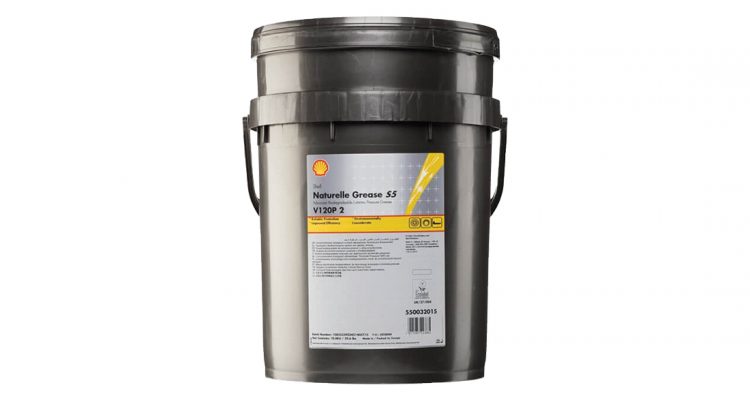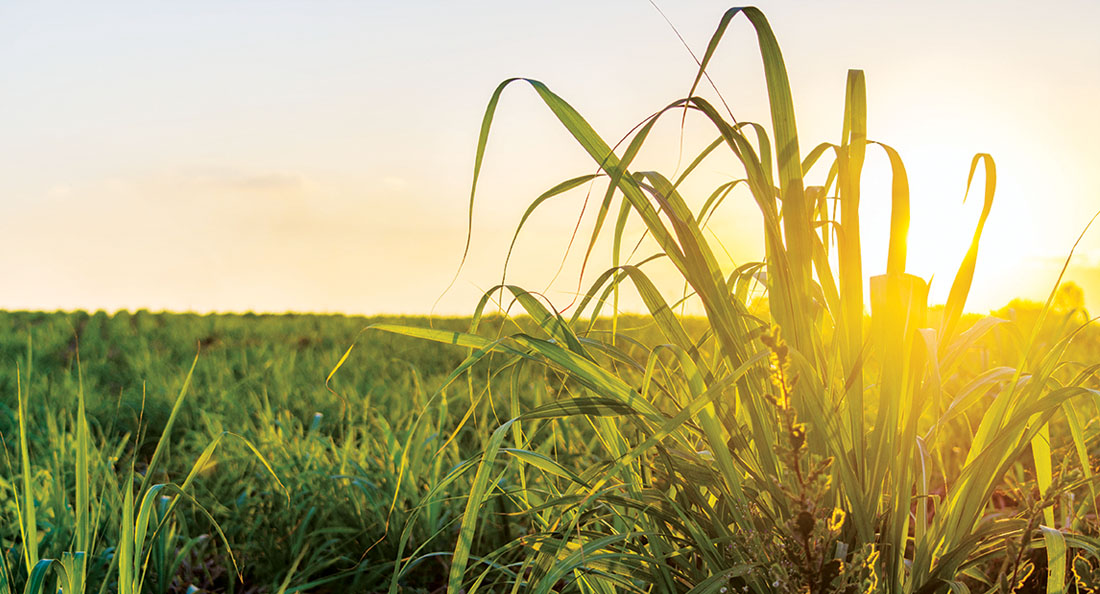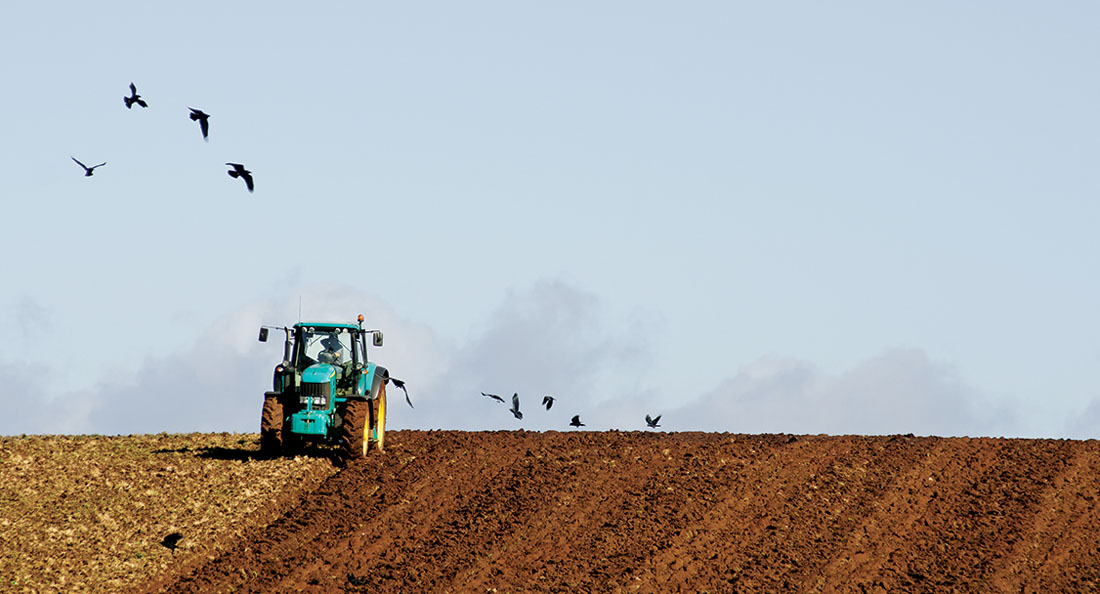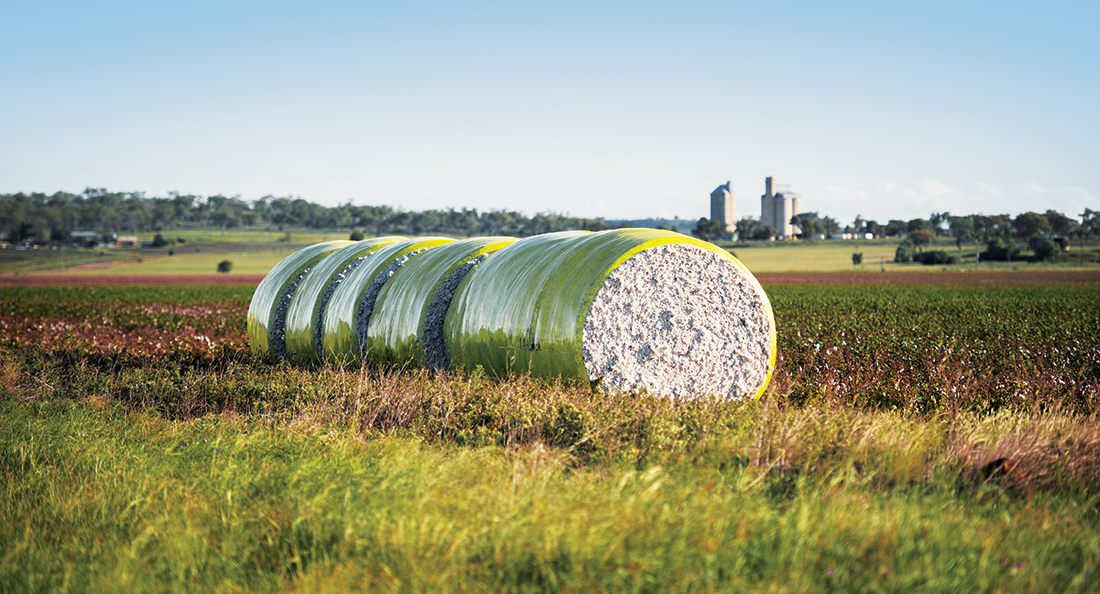By 2050, the world’s population is expected to grow by 2 billion more people,1 and with that the food production sector will experience a 60% increase in demand for adequate food products such as meat, dairy, and vegetables to accommodate this growth. 2
This projected surge in demand for food production will require farmers to maximise their harvest yields, conserve natural resources, and increase the efficiency rating of their farming machinery, equipment, and operations – while at the same time minimising their impact on the environment.
Across industries, there has been a move toward stricter government imposed environmental policies and regulations as it pertains to the use of industrial grade oils and lubricants. With these restrictions being tightened with every passing year, one Agriculture and Forestry Senior Manager in the Southeast Asian region remarked, “The industry is looking to replace mineral lubricants with environmentally friendly, biodegradable lubricants, which have no impact on the environment and ecology.”
As a distributor of Shell products in Australia, Motion Australia acknowledges that finding a path toward sustainable production has never been more crucial for the future of the agricultural industry.
“Lubrication plays an important role in improving the performance, reliability and overall efficiency of a piece of equipment during the production process,” says Steve Keown, National Product Manager for Lubricants, Oils, Greases and Lubrication Equipment at Motion Australia.
According to Steve, an effective lubricant will enable an operator to bolster their production and extend the life of their equipment, while utilising the least amount of oil and lubrication as possible.
Subheading: Environmentally acceptable lubricants
While companies work on decarbonising their production machinery and equipment, Shell has been working to developing more environmentally acceptable lubricants (EALs), like the Shell Naturelle range that is made from entirely renewable, sustainable, and ethically sourced raw materials.
Shell Naturelle products have undergone rigorous international testing and assessments as part of the Carbon Dioxide Evolution Test (OECD Test Guideline 301 B) and the EU Ecolabel certification process, to evaluate the product’s biodegradability and restrictions on harmful or hazardous materials.
The main point of difference with Shell Naturelle from tradition mineral hydraulic oil is in the formula, which is a natural blend of biodegradable synthetic esters and ashless additives that have tested low for eco-toxicity. In addition to this, Solar PV panels now deliver electricity to Shell oil blending plants in four different countries.3
Shell Naturelle lubricants have been formulated with the challenges of sustainable farming and food production in mind as well as the need for reliable machinery on these types of applications.
With Shell Naturelle products, customers are now empowered in their transition to more sustainable operations without compromising the performance of their equipment, ultimately extending the life of their equipment, lowering the total cost of ownership, and protecting the environment.
The Shell Naturelle Range includes:
• Hydraulic – Shell Naturelle S2 HF 68
• Hydraulic – Shell Naturelle S2 HF 46
References:
1. United Nations, World Population Prospects 2019
2. United Nations, ‘Feeding the World Sustainably’ article
3. Bern Plant: Bern, Switzerland, Electricity generated from solar energy/ year (MWh): 90, Solar as a % of plant’s total electricity use: 19%, Estimate of annual GHG emissions avoided (Kta)*: 0.004 date: 2019




